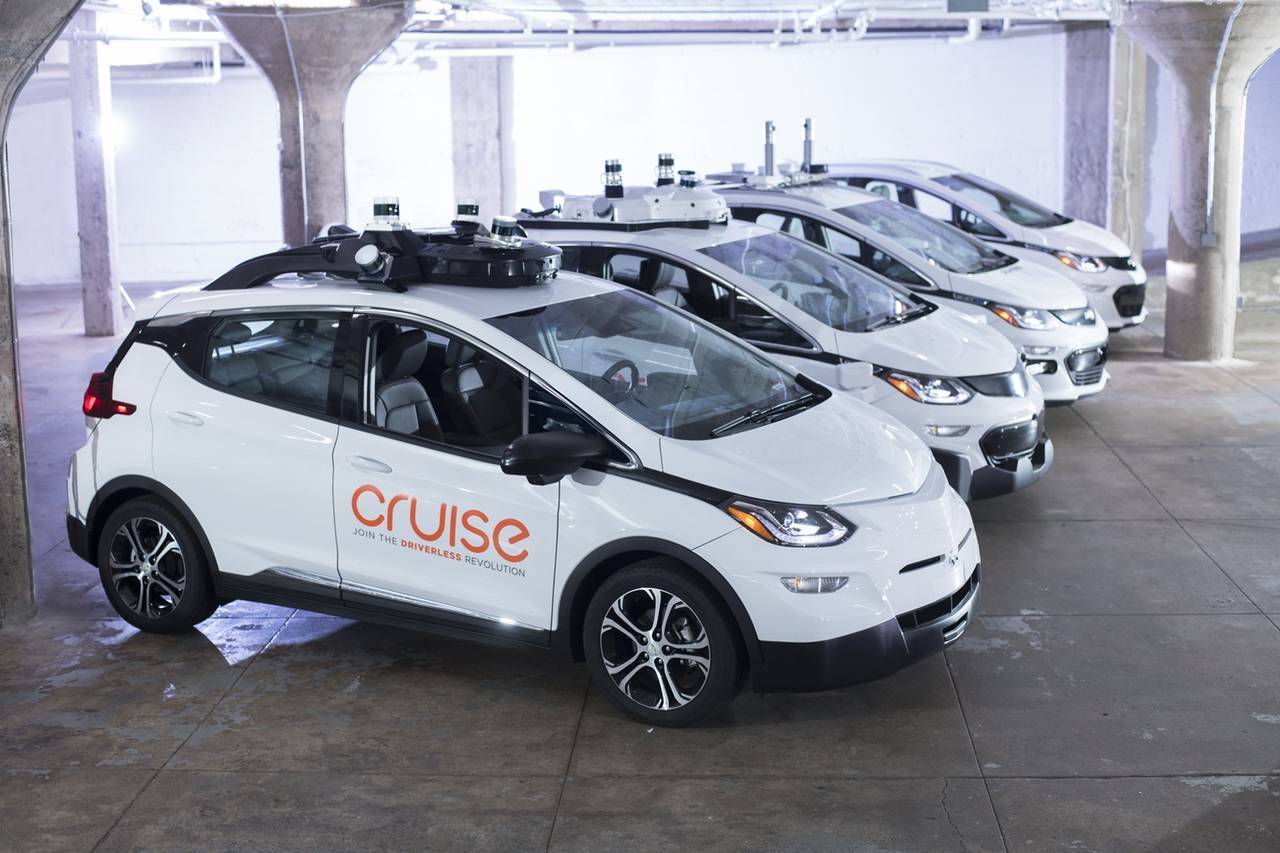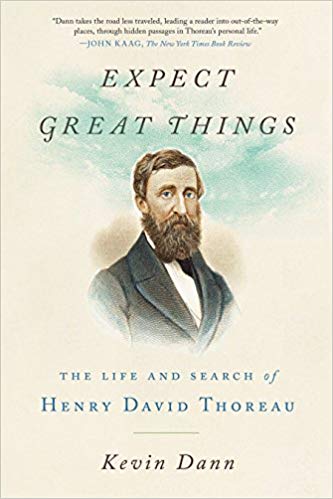PODCAST: #HRHappyHour 342 - Sports and HR with The 8 Man Rotation
HR Happy Hour 342 - Sports and HR with The 8 Man Rotation
Sponsored by Virgin Pulse - www.virginpulse.com
Host:Steve Boese
Guests: Kris Dunn, Lance Haun
Listen HERE
Today on the HR Happy Hour Show, Steve was joined by two of the founding members of the 'Sports and HR' crew known as The 8 Man Rotation. Kris, Lance, and Steve broke down three recent HR and workplace issues taken from the world of sports.
The crew discussed the recent harassment and hostile workplace charges at the NBA's Dallas Mavericks organization, how the City of Pittsburgh is implementing a form of the NFL's 'Rooney Rule' to try and improve diversity and representation of underserved populations in City's workforce, and how one innovative technology is moving from the football field and into corporate America.
Sports were the source of these topics, but the true topics were harassment in the workplace, the responsibility of leaders to respond to harassment reports, diversity in sourcing and hiring, and how modern technology is changing workplace training - all 'real' HR issues.
You can listen to the show on the show page HERE, on your favorite podcast app, or by using the widget player below:
This was a fun, interesting, and engaging conversation about how these important workplace issues have originated in the world of sports, but have relevance and importance in the 'real world' too.
Additionally, we broke down budget hotels in the southeast, the best dining options at Publix, and Tim Sackett's shameless use of exclamation points in blog post titles.
Thanks Kris and Lance for joining us!
Remember to subscribe to the HR Happy Hour Show on Apple Podcasts, Stitcher Radio, Google Podcasts or wherever you get your podcasts - just search for 'HR Happy Hour'.

 Steve
Steve

